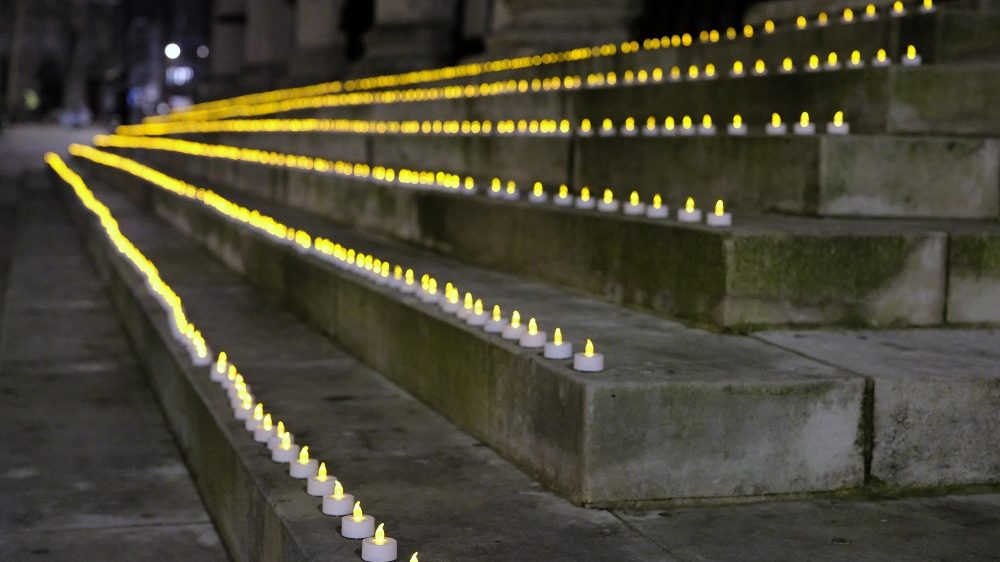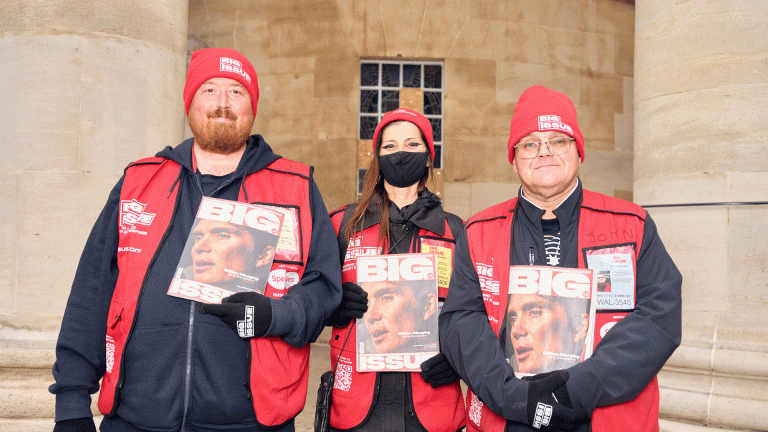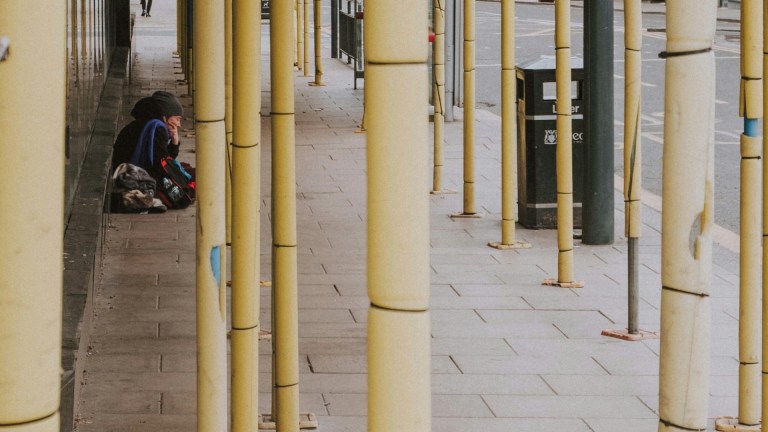For many people, their 40s is the best decade of their lives. Research shows people’s earning capacity is highest in their 40s, while, if they have children, they are often reaching the semi-independence of adolescence by this point. It’s a time when people have grown more comfortable in themselves, learning from past mistakes but not yet feeling the effects of old age.
Yet, if you are experiencing homelessness, this is the decade in which you are most likely to die. The national average age of death is 79 for men and 82 for women, yet, new statistics released by the ONS today show men experiencing homelessness on average die at 46, while for women it’s 42.
Overall, 688 people died while experiencing homelessness during 2020. This poses the question, why, in one of the richest economies in the world, do we tolerate such a terrible outcome? Why aren’t people lining the streets demanding an end to homelessness?
Some of the answer is based on how we talk about the issue. I regularly visit frontline services and listen to the people accessing them. Through this, I’ve met an extremely diverse array of people from ex-soldiers who have struggled since leaving the army, to refugees who have left war torn countries, to women who have fled abusive partners and many more in between.
Homelessness is an experience not an identity. But too often the people who experience it are branded as ‘homeless people’ or, worse ‘the homeless’ as if they’re one homogenous group. This defines people by what they lack, putting their fragile economic status to the fore and masking their other characteristics in the process.
This is important because how we talk about an issue shapes our reaction to it. For the past few years, the homelessness charity Crisis have been coordinating a project to change the way we write and talk about homelessness.





